Retiring in Portugal: Still Worth It?
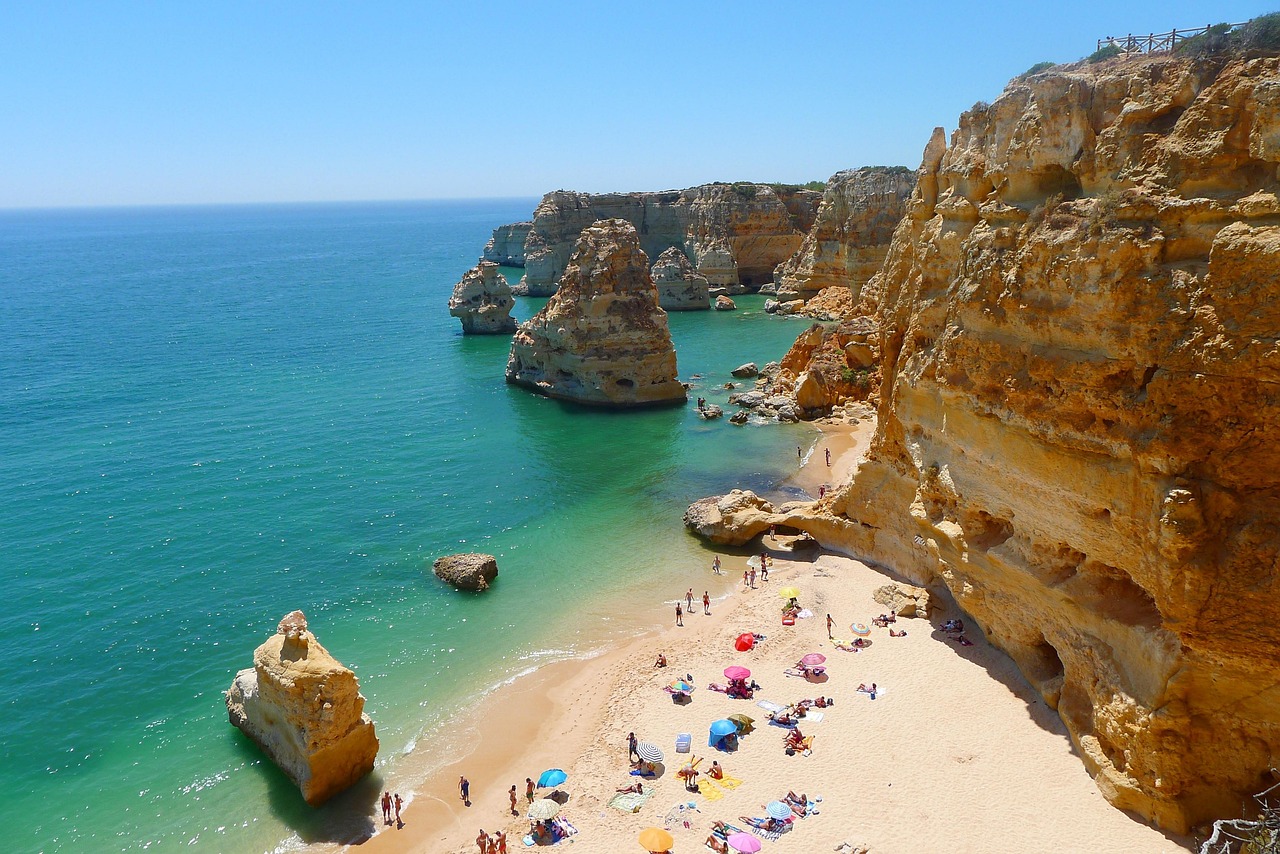
- Remove the current class from the content27_link item as Webflows native current state will automatically be applied.
- To add interactions which automatically expand and collapse sections in the table of contents select the content27_h-trigger element, add an element trigger and select Mouse click (tap)
- For the 1st click select the custom animation Content 27 table of contents [Expand] and for the 2nd click select the custom animation Content 27 table of contents [Collapse].
- In the Trigger Settings, deselect all checkboxes other than Desktop and above. This disables the interaction on tablet and below to prevent bugs when scrolling.
A frequent question for many: Is retiring to Portugal still a sound decision? The answer remains yes, but the situation has changed. A favorable climate and high quality of life have long made Portugal a top destination for those seeking an overseas retirement. However, with recent legal and fiscal updates, it's important to have a precise understanding of the current state of affairs. Here's what you need to know before moving to Portugal.
What Are the Pros and Cons of Retiring to Portugal?
The country's appeal is well-documented. A low crime rate, quality healthcare, and a welcoming culture consistently put Portugal at the top of expat lists — not to mention the pleasant weather with mild winters and long, warm summers. From a financial standpoint, the low cost of living remains a significant draw. Although prices in Lisbon and Porto have increased, Portugal still offers a more affordable lifestyle than other Western European nations, which is a key factor for those retiring from the US.
However, there are challenges as well. Bureaucracy can be frustrating, and the language barrier is a factor to consider outside the major tourist hubs and expat communities.
Portugal Retirement Visa Requirements
The main pathway for non-EU citizens is the D7 Visa, known as the Passive Income Visa. This visa is designed for individuals who have a consistent, passive income stream. The eligibility criteria for the Portugal D7 Visa for retirees as of 2025 are as follows:
- Income: Proof of a passive monthly income of at least €870, based on the current Portuguese minimum wage. This income must be consistent, coming from sources like pensions, rental income, or investments.
- Savings: A bank account with a minimum balance equivalent to one year's income (€10,440) is required for a single applicant.
- Accommodation: Applicants must provide documentation demonstrating their place of residence. While a rental contract may be adequate for some, most retirees prefer to purchase a property, as this is more in line with a long-term commitment.
- Other Documentation: A clean criminal record and health insurance are also mandatory.
The application is a two-step process: first, submitting documentation for a temporary visa at a consulate in the home country, and then applying for a two-year residency permit with AIMA in Portugal.
How Much Money Do You Need to Retire in Portugal?
The amount required to retire in Portugal depends on location and lifestyle. For most retirees, property acquisition is the primary financial issue. The process shouldn’t be complicated, but it involves several costs beyond the purchase price.
According to a Q1 2025 report by the Instituto Nacional de Estatística (INE), the official median house price for the country was €1,951 per square meter. The same report shows that median prices in the Lisbon Metropolitan Area were €4,492/m², while the city of Porto had median prices of €3,066/m². Prices in the Central region were lower at €2,098/m².
In addition to the purchase price, you must account for closing costs and taxes:
- IMT (Property Transfer Tax): This progressive tax is the largest one-time cost, ranging from 0% up to 8% of the property value. The rate depends on the property's value and whether it is a primary or secondary residence.
- Stamp Duty (Imposto do Selo): A flat 0.8% tax on the property's purchase price.
- Notary and Legal Fees: Typically range from 1% to 2% of the property's value.
- Annual Municipal Property Tax (IMI): This recurring tax ranges from 0.3% to 0.45% of the property's fiscal value (VPT).
For a detailed breakdown of these costs and the full fiscal implications, see our article on Property Taxes in Portugal.
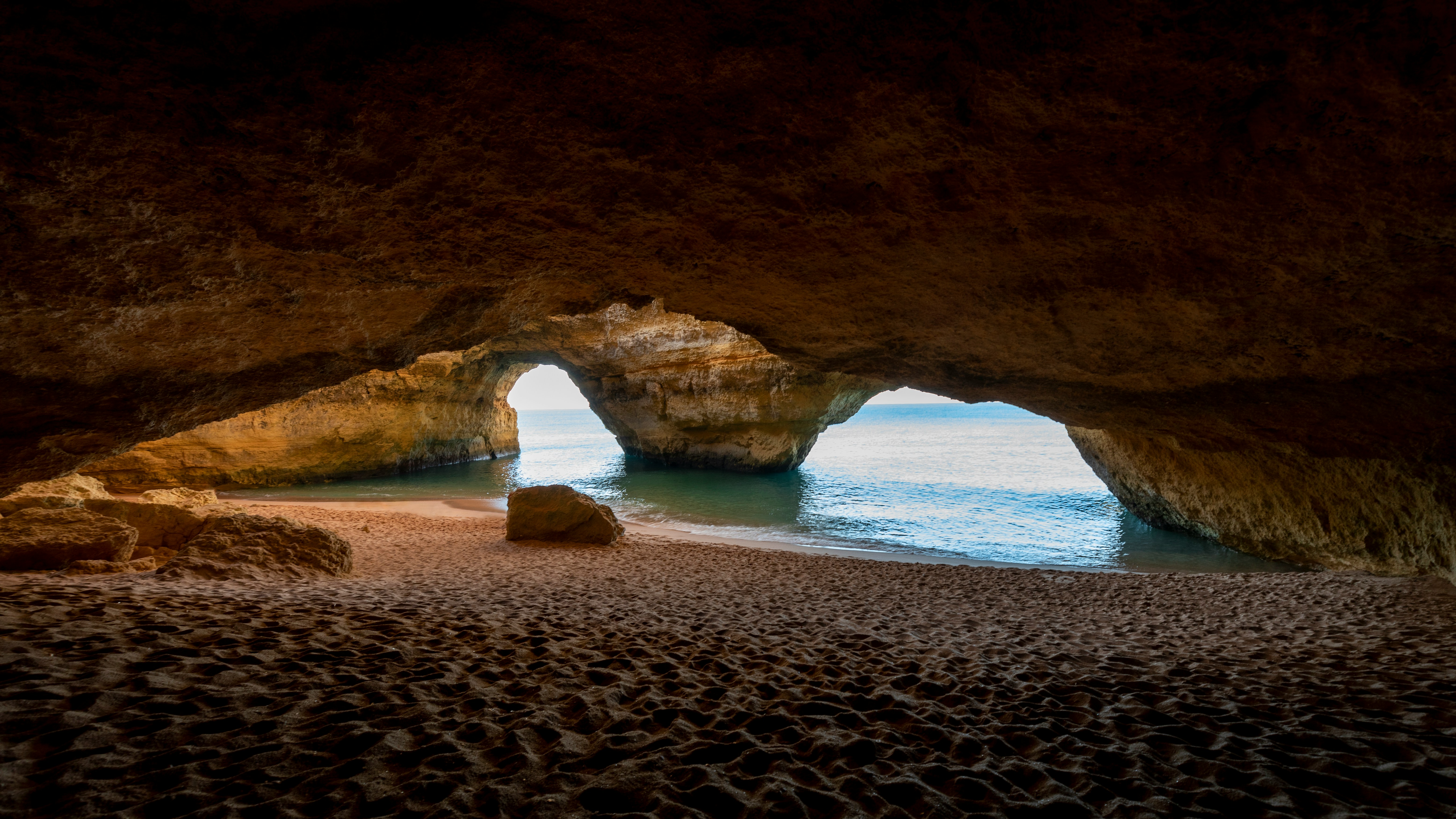
Ultimately, a realistic budget for a single person's monthly living expenses, not including mortgage payments, ranges from €1,500 to €2,000. For a couple, a monthly budget of €2,500 to €3,000 provides a comfortable living. According to an August 2025 analysis published in the newspaper Diário de Notícias, costs are considerably higher in major urban centers and the Algarve, and lower in inland regions.
When it comes to the best places to live in Portugal for retirees, some locations are often highlighted. The Algarve region, for example, is widely cited for its extensive expat community, warm climate, and numerous golf courses. Lisbon and Porto are frequently chosen by retirees who seek a more urban environment with access to a wide range of cultural amenities, superior healthcare facilities, and well-developed public transportation networks. Meanwhile, regions like the Silver Coast and Alentejo are often noted for their lower cost of living and tranquil, rural lifestyles.
Can I Keep My Social Security if I Move to Portugal?
For American retirees, this is an important point. Thanks to a Totalization Agreement between the United States and Portugal, you won’t end up paying social security taxes in both countries. It also means that the work credits you earned in the U.S. and in Portugal can be added together to help you qualify for retirement benefits.
Under the agreement, a US citizen can continue to receive their Social Security benefits while residing in Portugal. The US Social Security Administration and the Portuguese Social Security Agency (Segurança Social) coordinate to ensure seamless benefit payments. This is a vital factor for individuals on a fixed income, providing financial stability and clarity.
New Rules for Tax Residency
The end of the Non-Habitual Resident (NHR) tax regime is the most significant change for new retirees. The program, which offered a flat 10% tax rate on foreign-sourced pensions, was terminated for new applicants in 2024. This change directly affects pension taxes in Portugal. New tax residents are now subject to Portugal's standard progressive income tax rates, which vary from 12.50% to 48% (2025).
This change matters for anyone comparing retirement in Spain and Portugal. While the NHR regime once clearly set Portugal apart, its end means retirees will need to look at a wider range of factors. One constant, however, is Portugal’s wide network of Double Taxation Agreements (DTAs). These treaties ensure that foreign income — such as pensions — is not taxed twice, providing continued protection for retirees even without the NHR regime.
Conclusion
Overall, retiring in Portugal remains an attractive choice. While the tax incentives have changed, the country's core strengths—its safety, cost of living, and climate—are still major advantages. A move requires careful planning and a clear understanding of the new legal and fiscal environment. For anyone considering this step, speaking with a chartered tax advisor can provide clarity and peace of mind.
At Tytle, we provide global tax services, including:
- Accounting/bookkeeping
- Accurate tax filing
- Estate planning
- Cross-border advice
- Immigration services
- And much more!
For more international tax advice, feel free to explore: “Retiring in Italy: Pros and Cons” and “Retiring in Spain: Clock Ticking on Tax Perks?”.
See our latest articles
Get affordable tax help in Portugal now!


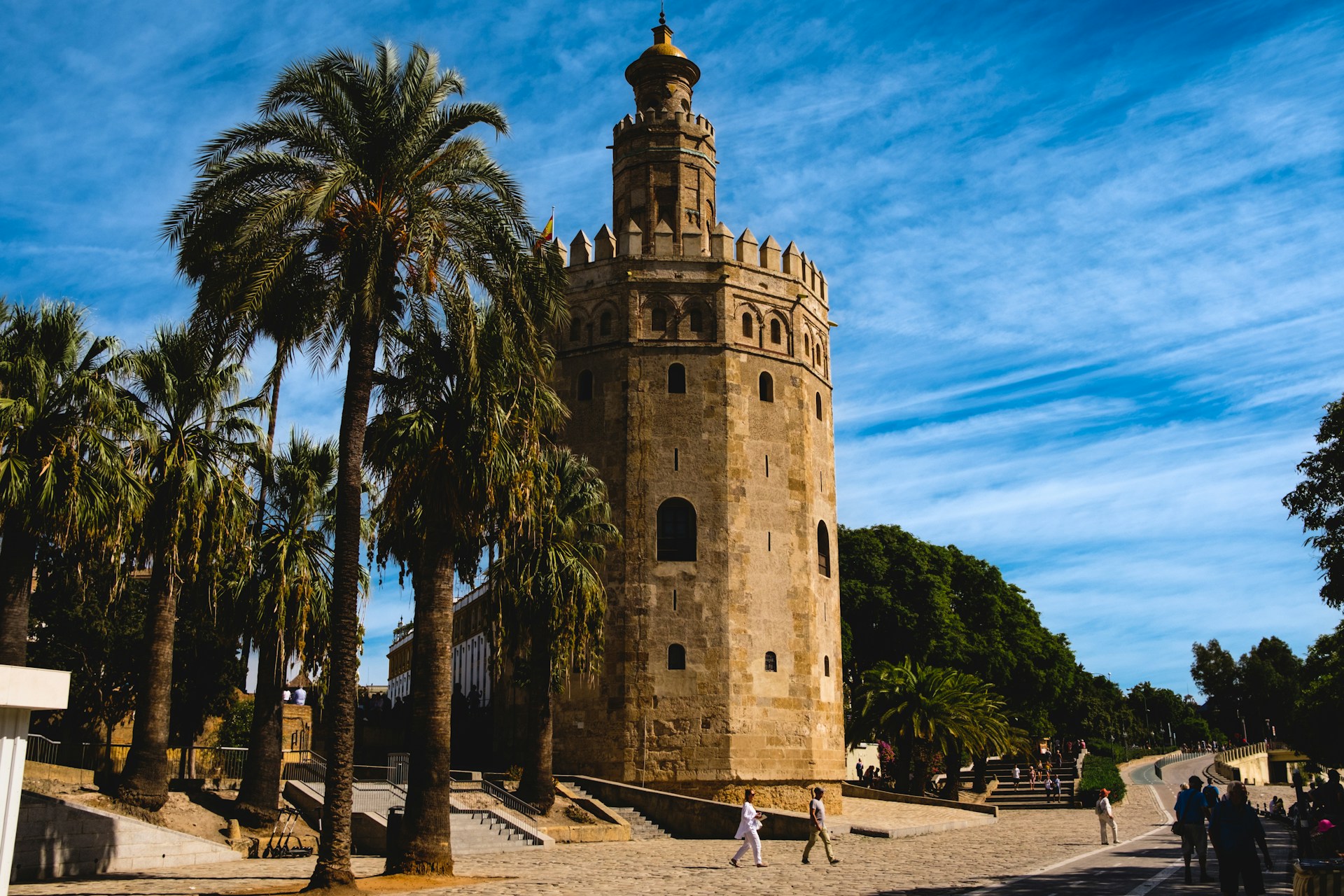
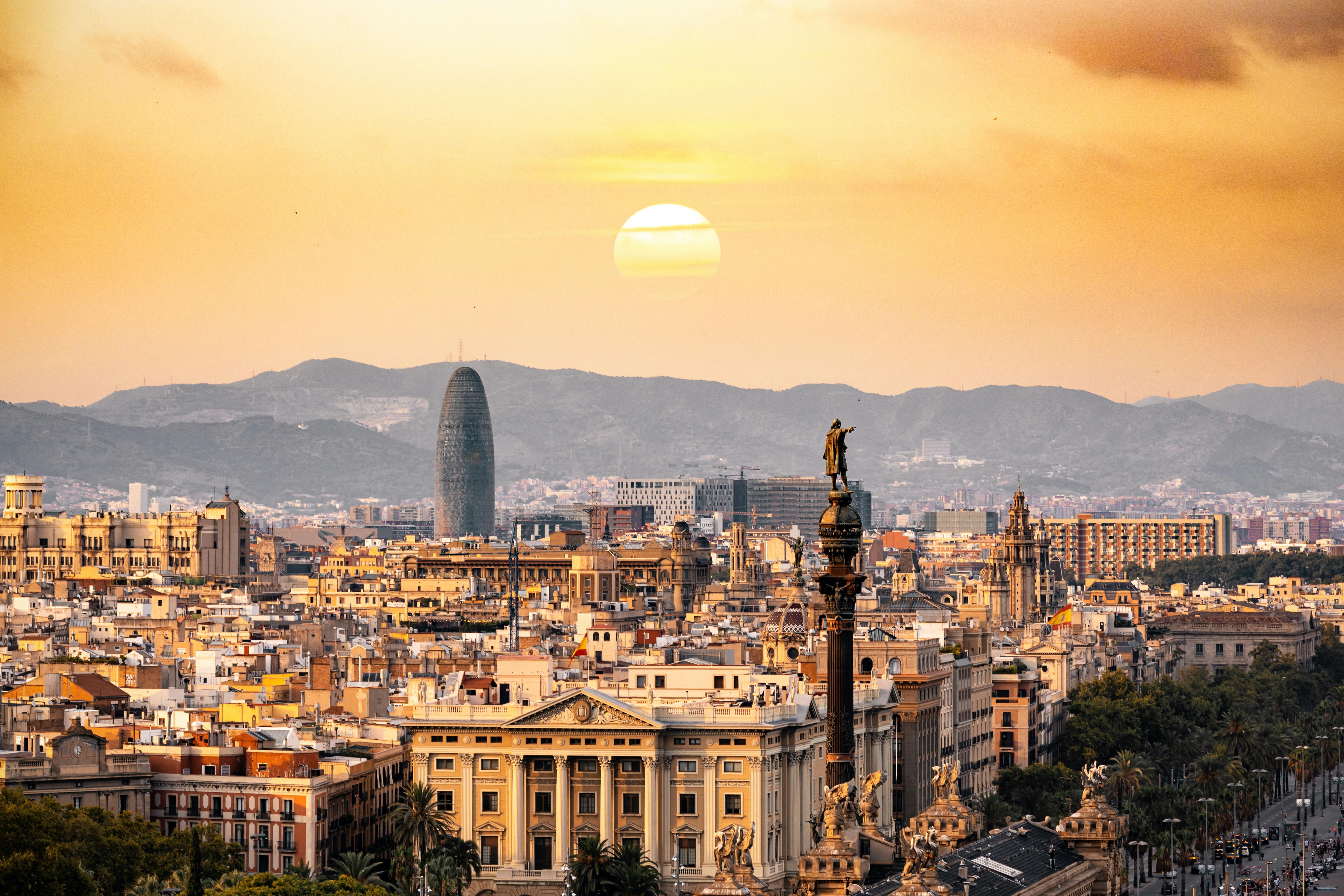

.png)
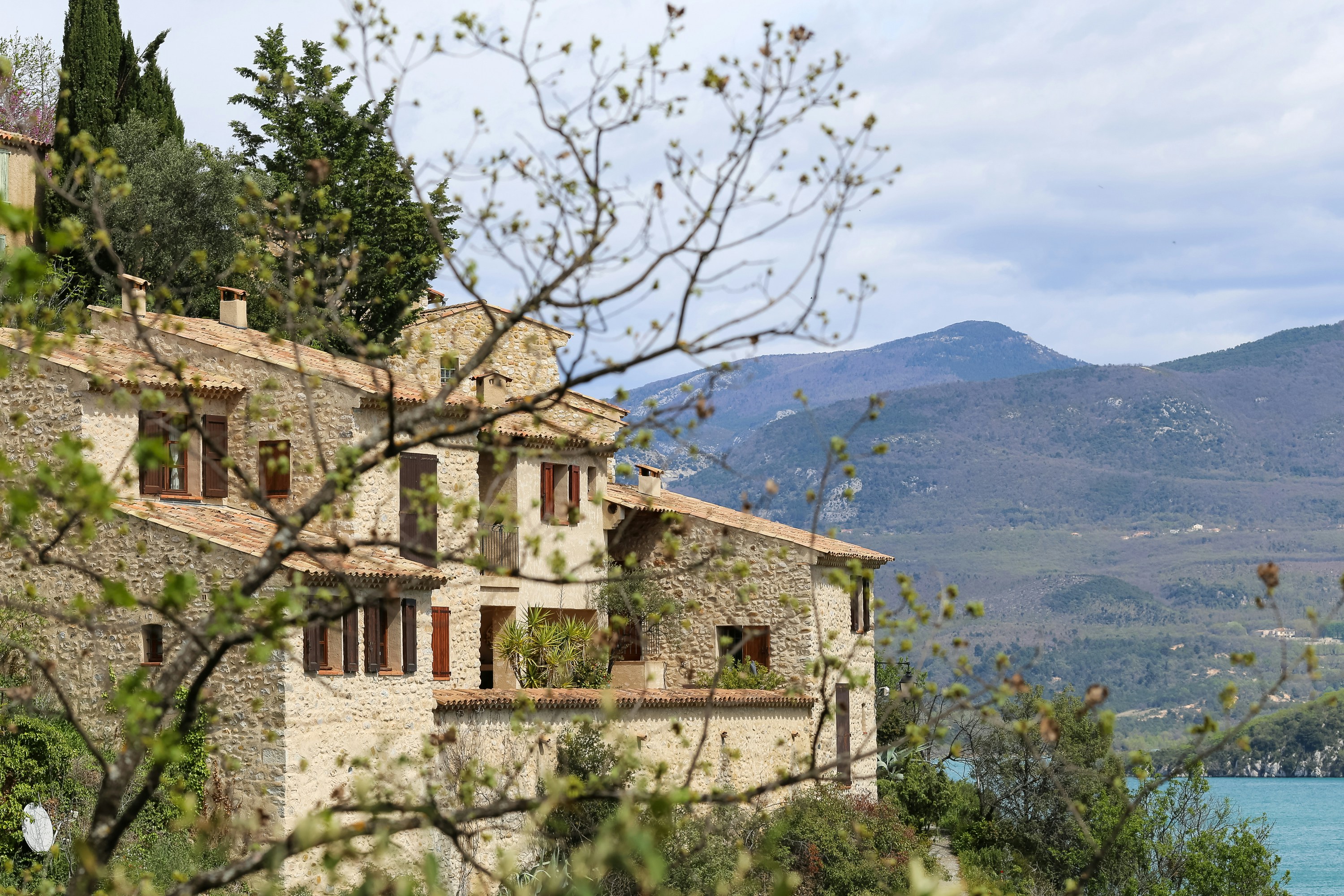

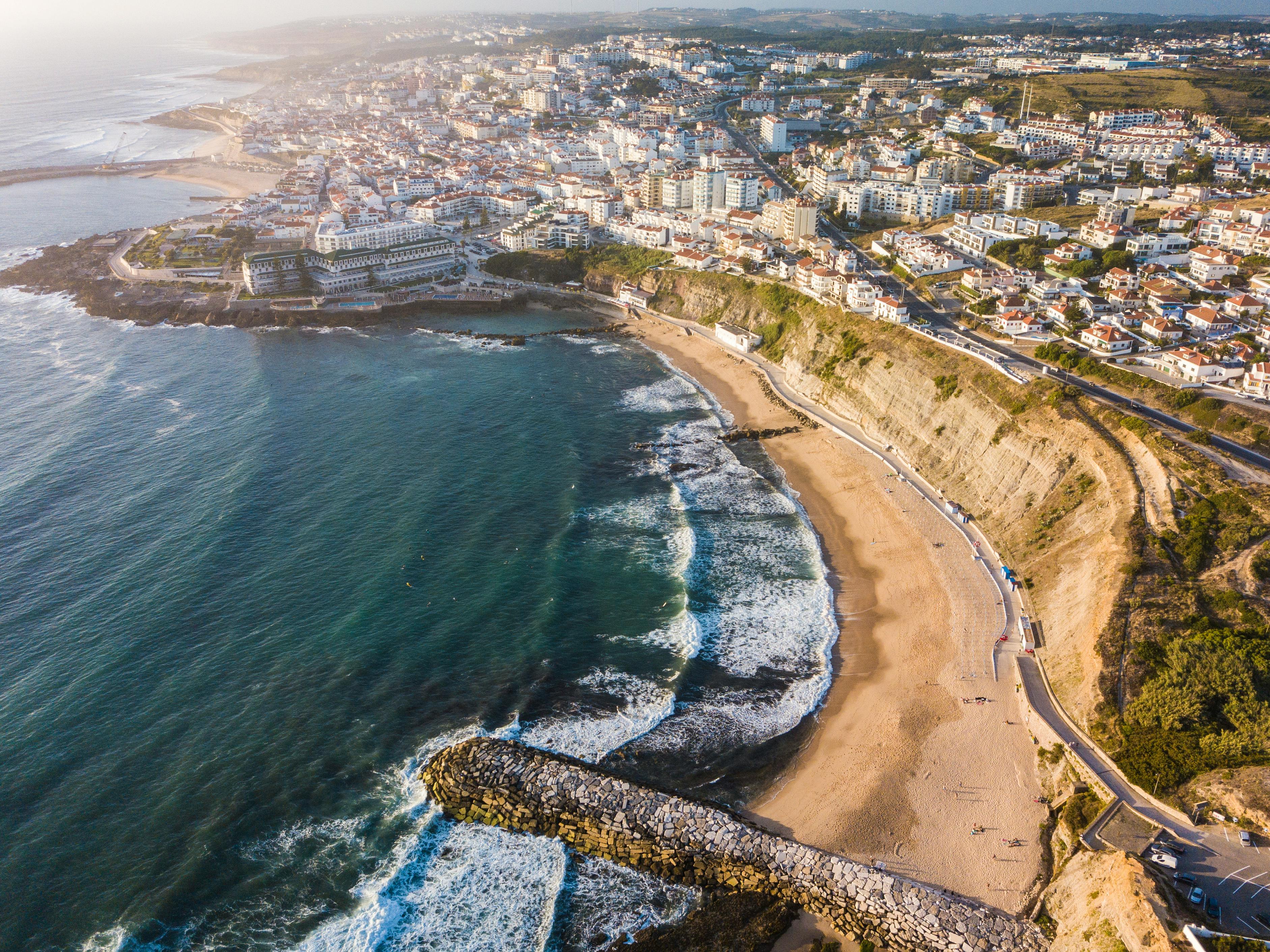

















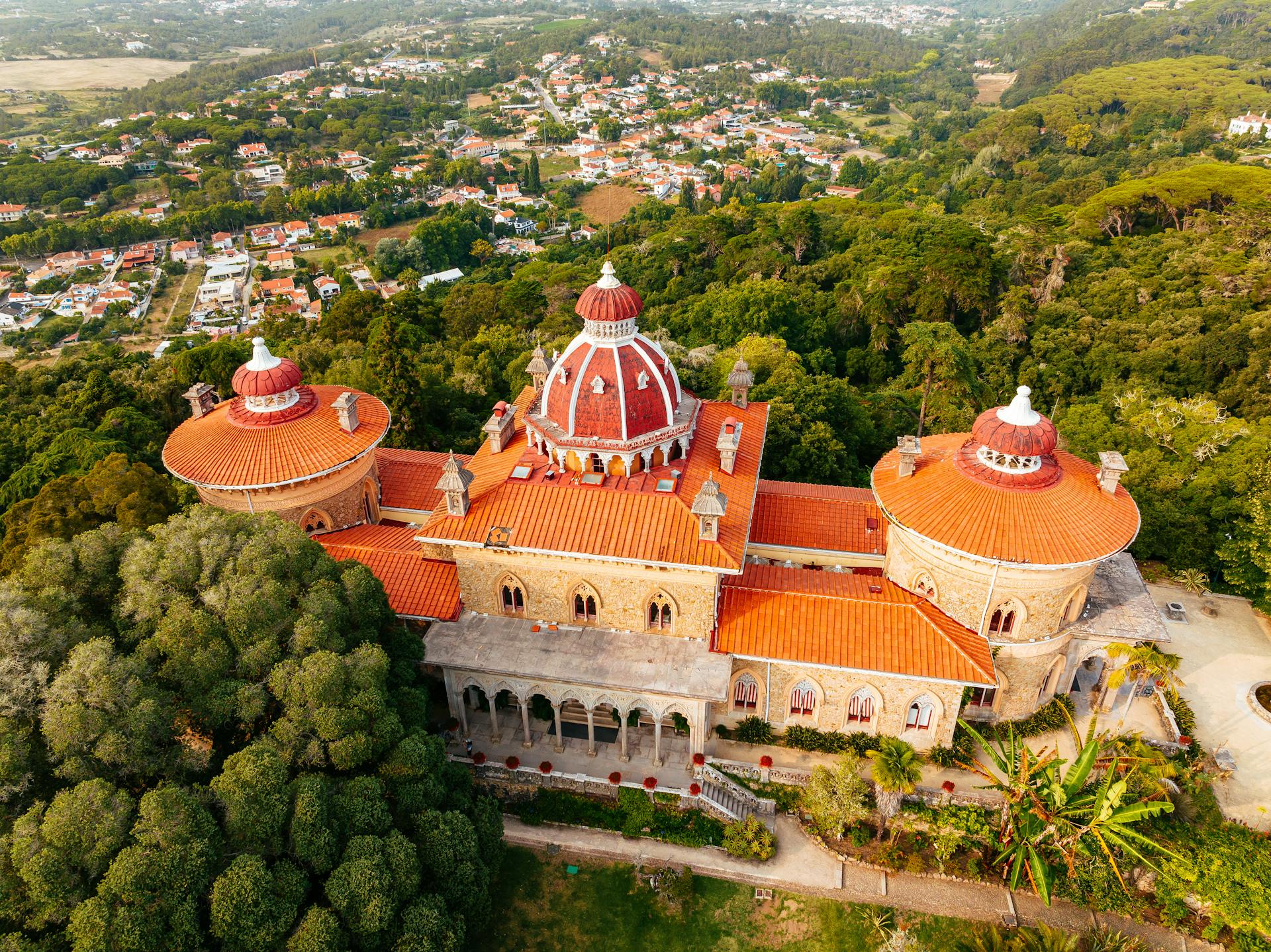



.webp)
.webp)



.webp)
.webp)

.webp)


.webp)





